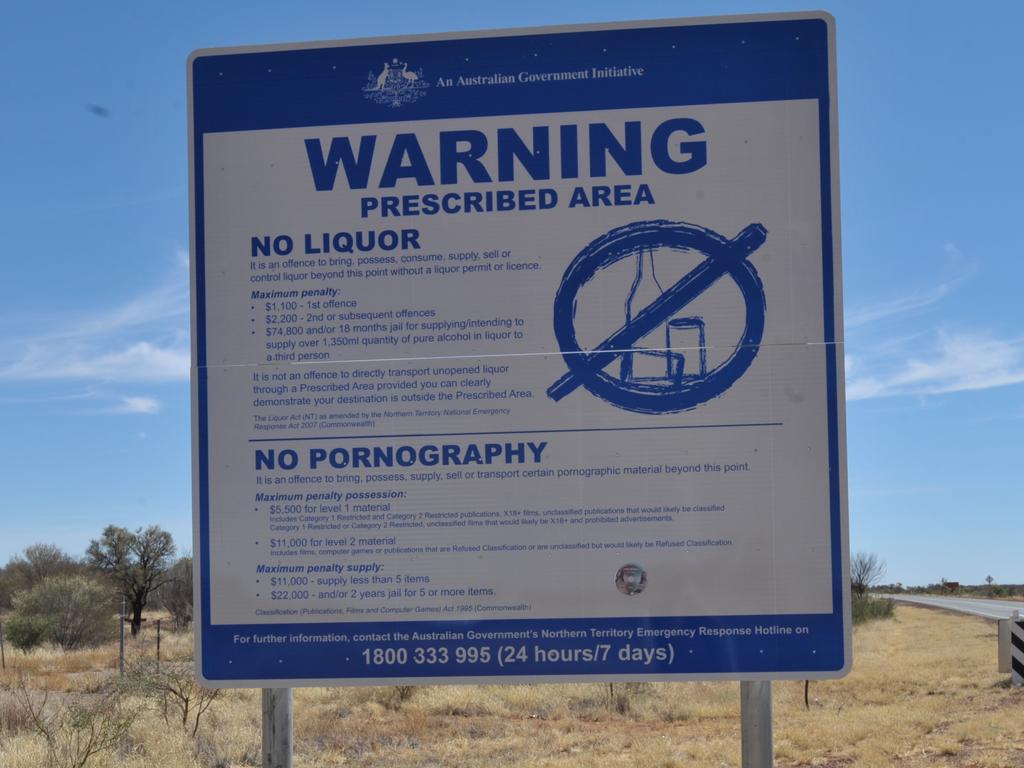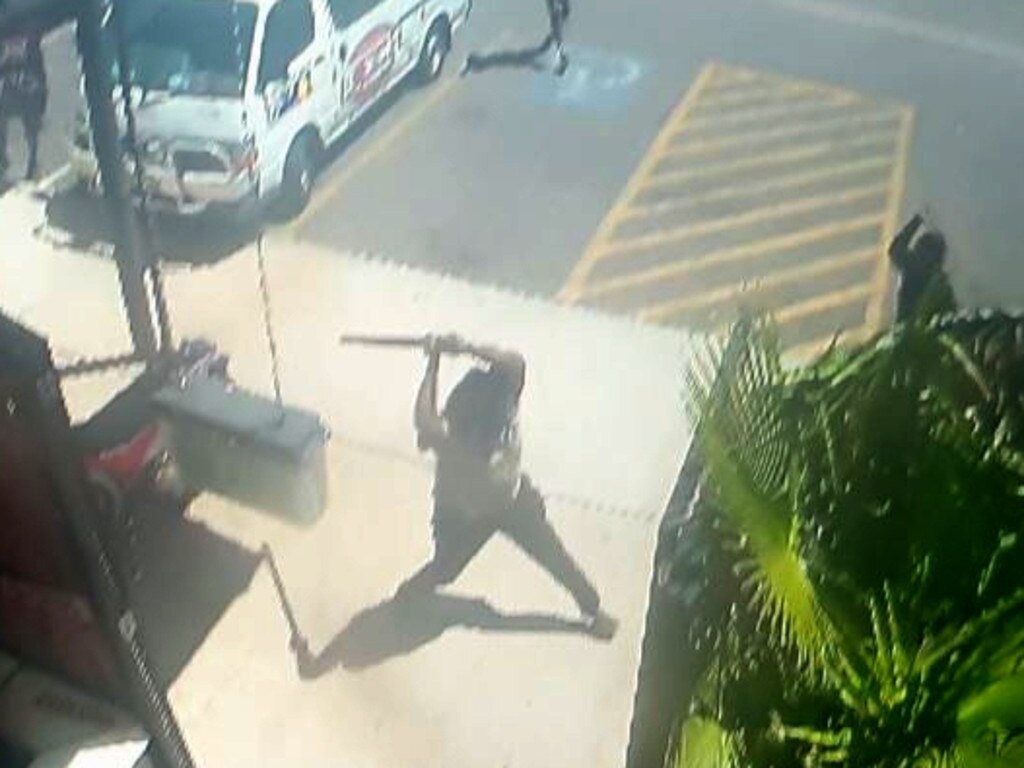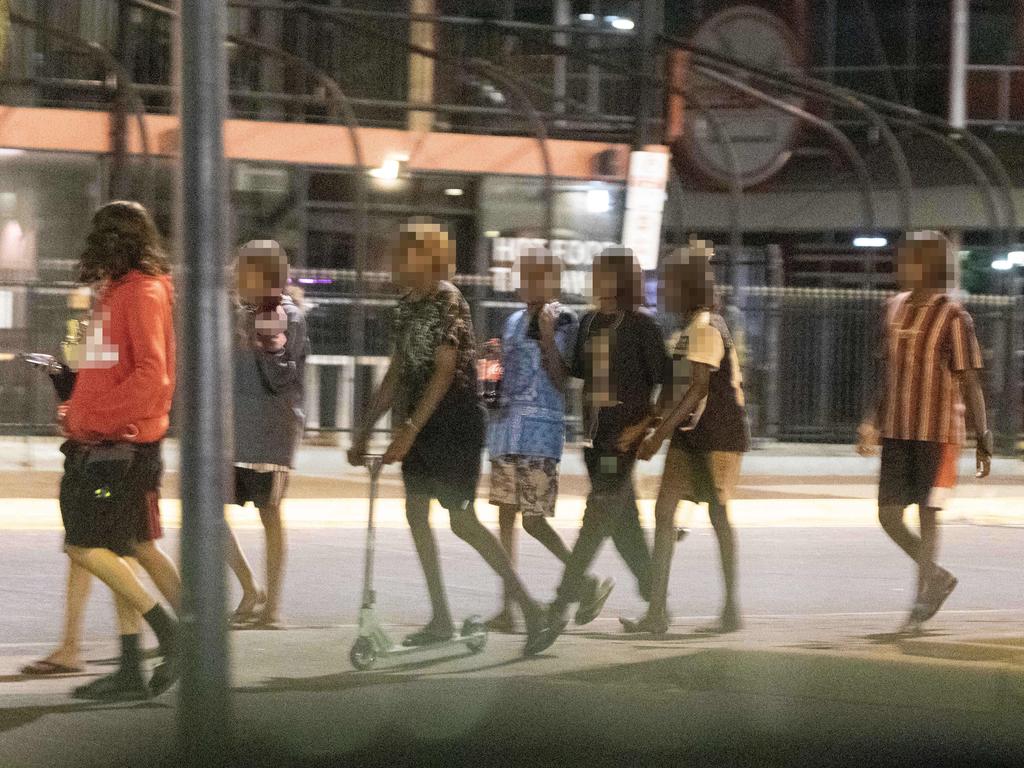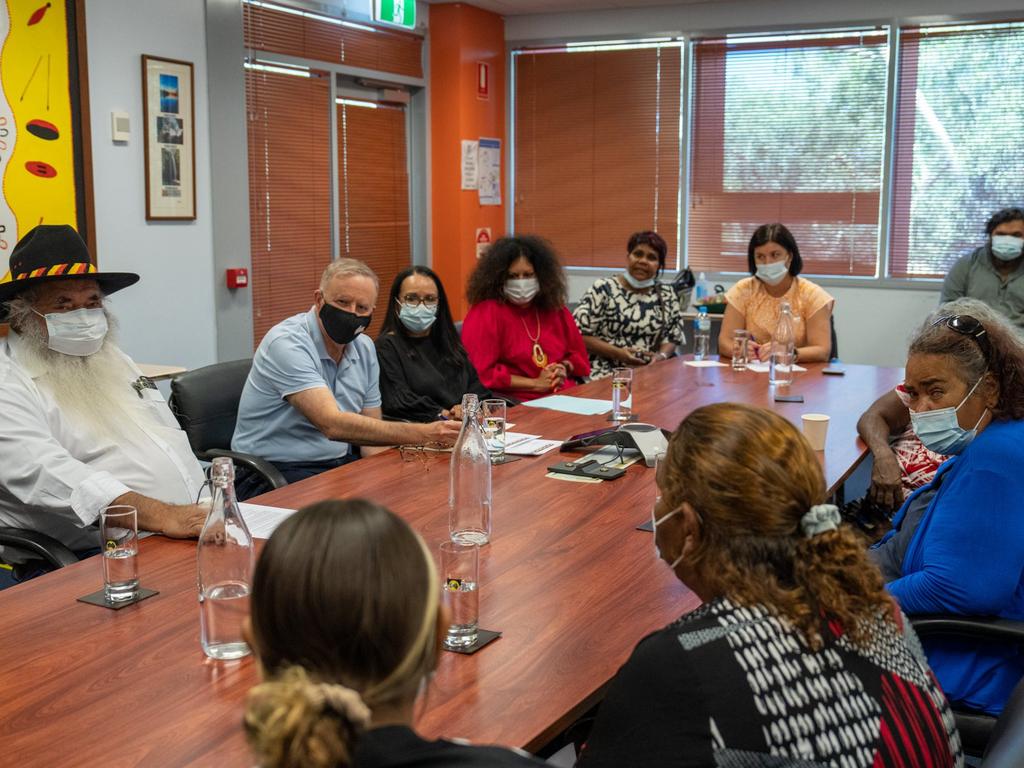Alice Springs alcohol ban, restrictions: What you need to know
Alcohol bans and restrictions were first introduced in the Northern Territory in 2007 and remained in place for 15 years. As a crime wave hits Alice Springs, we take a look back at how it all came about.
National
Don't miss out on the headlines from National. Followed categories will be added to My News.
The rise in violent crime and anti-social behaviour in Alice Springs hit national headlines at the start of 2023, calling into question the lifting of alcohol restrictions six months before.
As locals expressed their fear and horror as the remote Northern Territory region turned into a “war zone”, local, state and federal governments were forced to take action.
Here’s what you need to know about the history of the alcohol restrictions in Alice Springs and what is happening today.
Introduction of NT alcohol restrictions
Alcohol restrictions were put in place in Alice Springs and other remote communities of the Northern Territory by the federal government, under former prime minister John Howard in 2007.
The Howard government’s NT Emergency Response, known as the Northern Territory Intervention, was instigated following the ‘Little Children are Sacred’ report into the alleged violence and sexual abuse of Indigenous children in remote communities.
“The Little Children Are Sacred report identified alcohol abuse as ‘destroying communities’ and the ‘gravest and fastest growing threat to the safety of children’,” the Northern Territory Emergency Response report in 2008 states.
Two months after the report was released to the public, the Howard government enacted the legislation and enforced a ‘national emergency’, where the military were brought into the Indigenous communities.

As part of the new legislation, the government restricted the sale, consumption and purchase of alcohol in certain areas. Alcohol and pornography was also banned in prescribed areas, and new penalties were also put in place.
Basically, alcohol was “banned on Aboriginal land and community living areas, in all town camps and other areas”, former Families, Community Services and Indigenous Affairs minister, Mal Brough, said at the time.
“Anyone who buys larger amounts of take away alcohol will need to show identification and have their details recorded, so we can track down and prosecute grog runners. This will involve purchases of $100 or more, or if more than five litres of cask or flagon wine is purchased,” Mr Brough said.
It was due to expire in 2012 but then was replaced under the Julia Gillard government to be called the Stronger Futures in the Northern Territory Act, where penalties were increased at the time for alcohol sale and possession breaches.
Restrictions lifted
After 15 years, the alcohol bans expired on July 17, 2022, where communities were offered by the NT government an “opt-in” to continue the alcohol ban.
“This means some Aboriginal communities that were alcohol protected areas (APAs) in the Northern Territory (NT) no longer have alcohol restrictions,” the Northern Territory posted on its website.
Community leaders and locals feared a rise in crime and anti-social behaviour when the alcohol ban lapsed last year.


Home invasions, robberies, domestic violence, property damage and assault rates have soared in recent months, with many Alice Springs residents blaming the youth crime wave on the expiry of the so-called “grog ban” in July last year.
There has been a 43 per cent increase in assaults in Alice Springs in the year to November, including a 53 per cent jump in domestic violence-related assaults and a 54 per cent rise in alcohol-relate assaults.
Commercial break-ins rose by 55 per cent and reports of property damage soared by 59 per cent over the same period, according to NT Police data.

New alcohol restrictions
On January 24, 2023 it was announced stronger temporary alcohol restrictions will be introduced in Alice Springs following the shocking spike in violent crimes.
This came after Prime Minister Anthony Albanese flew to Alice Springs to hold urgent talks with Indigenous Australians Minister Linda Burney and NT Chief Minister Natasha Fyles, as well as other politicians and community leaders.
Ms Fyles announced the current limit on takeaway alcohol on Sundays will be extended to bans on Monday and Tuesday, liquor store hours will be reduced to between 3pm and 7pm only, and only one transaction will be allowed per person for the next three months.
Mr Albanese said there was $14.2 million available for “high-visibility police operations”, including security in public places, $2 million for CCTV safety lighting and $5.6 million for emergency accommodation.
What happens next?
The federal government said it will consider all the options and further alcohol restrictions, including a total ban ahead of a progress report handed down in February.
Central Australian Regional Controller Dorrelle Anderson’s report was released publicly, calling for immediate restrictions for takeaway alcohol and extra federal funding. Ms Anderson was appointed after Mr Albanese and Ms Fyles had crisis talks in Alice Springs in January.
On February 6, the Northern Territory government announced it will introduce “circuit-breaker” legislation to create alcohol-free zones in Indigenous communities in Central Australia.
“We’ve heard loudly and clearly that the matter and decision of alcohol on community needs to be one that is made by the entire community,” NT Chief Minister Natasha Fyles said on February 6.
“That is why we’re creating a circuit breaker and implementing temporary dry zones until communities can develop and vote on the alcohol management plans, the community alcohol plans, they want to see.
“It is important for all of us as Territorians to tackle this issue once and for all.”
More Coverage
Originally published as Alice Springs alcohol ban, restrictions: What you need to know






